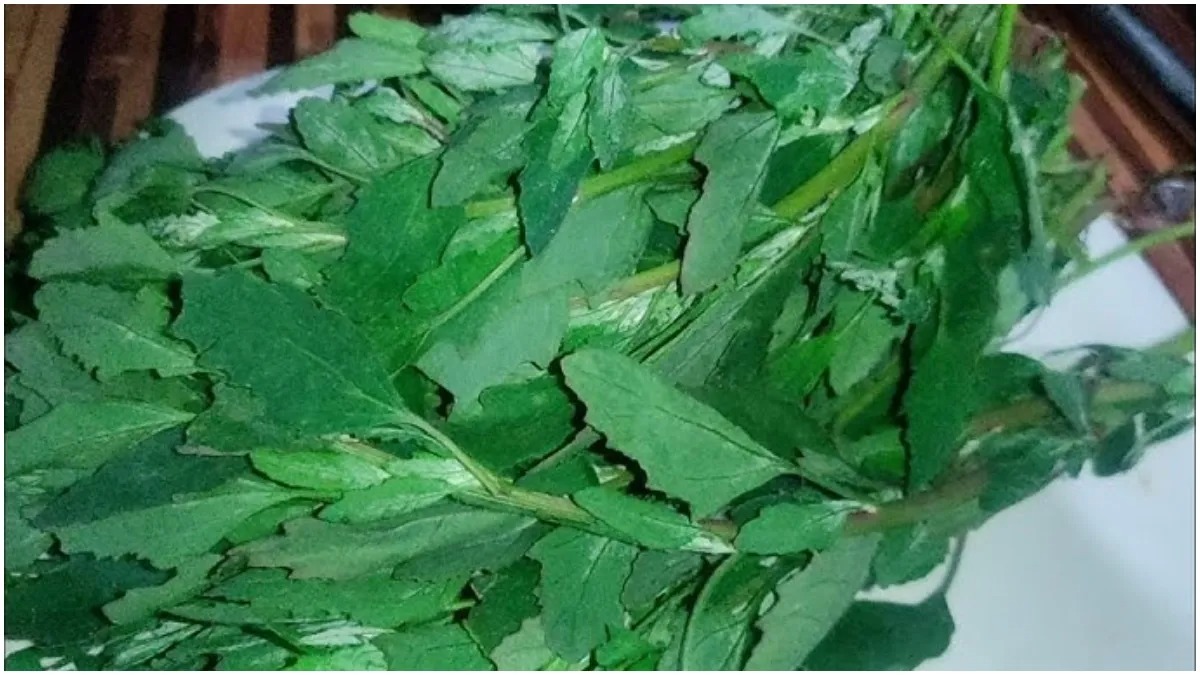
Fig is considered a great fruit and dry fruit for stomach and digestion. If you eat fig as a dry fruit, then you get many benefits from it. Dried fig does not spoil for years. However, it is advisable to eat figs after soaking them in water. Eating soaked figs and drinking its water daily gives countless benefits to the body. People who have constipation, gas, acidity or other problems in the stomach should definitely eat figs. Weakness in the body can be removed by consuming figs. You should eat 2-3 soaked figs daily. Let's know the right way to eat figs, the benefits of eating figs and how many figs should be eaten in a day?
Why is it beneficial to eat soaked figs? (Soaked Figs For Benefits)
Compared to dry figs, if you eat soaked figs in the morning, it gives relief from chronic constipation. Figs are rich in fiber, which cleans the stomach well. Since figs are a good source of fiber and its glycemic index is also low, sugar patients can also eat it in limited quantity. Figs are also beneficial for heart and diabetes patients. For this, consume soaked figs at night. If you eat soaked figs, it strengthens the bones. Figs also prove to be effective in PMS and PCOD. Women should eat figs during pregnancy and after menopause. Figs are rich in antioxidants which can reduce the risk of cancer.
Can I Drink Soaked Figs Water?
Soak 2-3 figs in 1 glass of water at night. Let the figs soak overnight and eat them after waking up in the morning. Drink the water instead of throwing it away. Therefore, soak the figs in clean water only. The body will get instant energy as soon as you drink the fig water.
Benefits Of Figs
Figs are rich in fiber. Figs contain soluble dietary fiber. Figs are low calorie food which contains vitamin A, vitamin E, vitamin K and many types of antioxidants. Eating figs provides the body with carotene, lutein, tannin and chlorogenic acid. Consumption of figs protects against free radicals. Diabetic patients can also eat figs. If you eat fresh figs as a fruit, it provides vitamin B complex, pantothenic acid, pyridoxine, niacin and folates.
--Advertisement--

 Desk
Desk Share
Share






